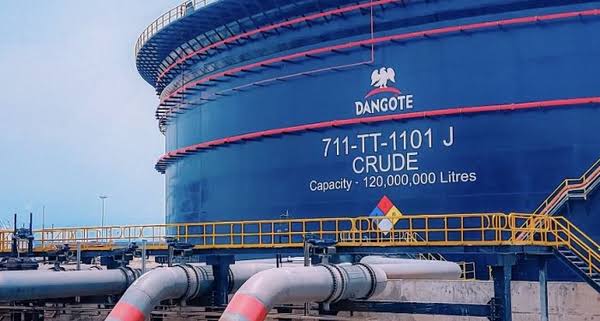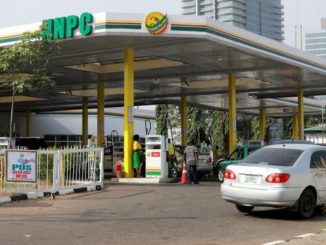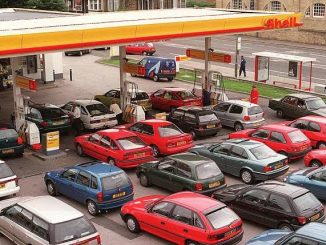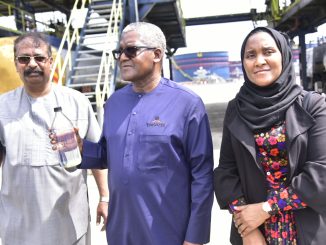
By Gideon Maxwell
September 2, 2024
In a significant development for Nigeria’s energy sector, the Dangote Refinery has begun processing gasoline, marking a crucial step towards reducing the country’s reliance on imported oil products.
This milestone follows delays caused by recent crude supply shortages and operational challenges.
The $20 billion Dangote Refinery, built by Africa’s richest man, Aliko Dangote, started operations in January, initially producing naphtha and jet fuel.
The facility, located on the outskirts of Lagos, has a capacity of 650,000 barrels per day, making it Africa’s largest refinery.
According to Devakumar Edwin, a vice president at Dangote Industries Limited, “We are testing the product (gasoline) and subsequently it will start flowing into the product tanks.”
Although the exact timeline for the gasoline to hit the local market was not specified, the refinery is on track to meet its production targets.
NNPC as exclusive buyer
The Nigerian National Petroleum Company Limited (NNPC Ltd), Nigeria’s sole importer of petrol, will be the exclusive buyer of the refinery’s gasoline.
If local demand is insufficient, the refinery plans to export the petrol, as it has been doing with its aviation jet fuel and diesel.
The introduction of petrol from the Dangote refinery is expected to alleviate NNPC’s ongoing challenges in supplying the Nigerian market.
NNPC has been grappling with $6 billion in debts to oil traders since January, leading to persistent fuel shortages and a 45% surge in fuel prices from the official price of 617 naira ($0.39) announced after the removal of subsidies last year.
Historical significance
This marks the first time in 28 years that Nigeria has produced petrol domestically. The country, despite being Africa’s largest oil producer, imports nearly all its fuel due to decades of neglect of its national refineries.
ALSO READ: Dangote willing to sell refinery to NNPC amid ongoing dispute
At full capacity, the refinery is expected to produce about 330,000 barrels a day of petrol, which is more than 1% of global demand for road fuel.
However, initial production forecasts suggest around 90,000 barrels a day in the fourth quarter, increasing to almost 250,000 in the second half of next year.
Economic and operational context
The production of gasoline by the Dangote refinery is anticipated to save Nigeria several billions of dollars in foreign exchange and enhance local fuel availability.
The country currently spends over $10 billion annually on importing fuel.
The refinery has faced various challenges, including a fire incident in July that disrupted petrol production and disputes with regulators and international oil companies over crude supply and market control.
The Federal Executive Council (FEC) has directed NNPC Ltd to engage with the Dangote refinery and other local refineries to resolve these disputes.
The commencement of petrol production at the Dangote Refinery is a landmark moment for Nigeria’s energy sector, promising to transform the country’s fuel market and reduce its dependence on imported oil products.
As the refinery ramps up production, it is expected to bring much-needed relief to the Nigerian market, addressing fuel shortages and stabilizing fuel prices.




